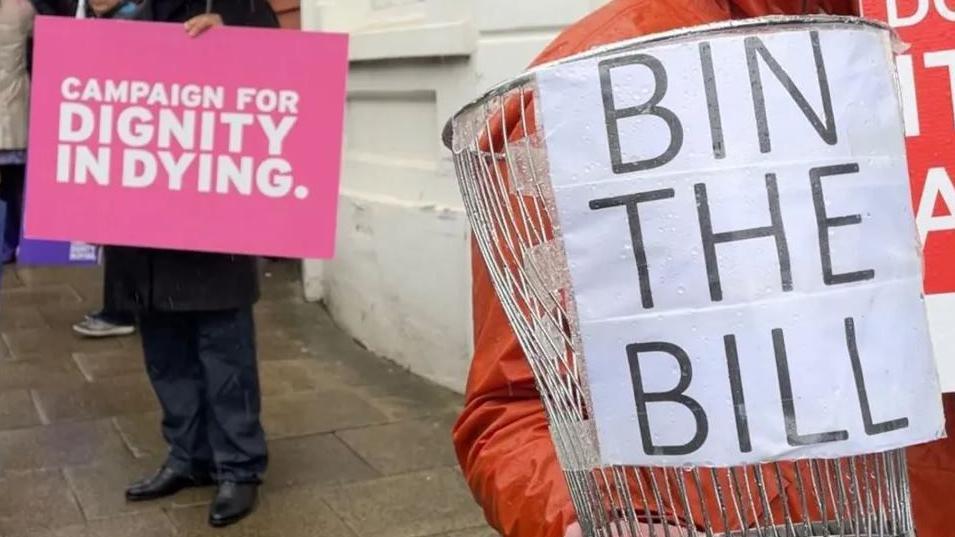Housing insecurity is becoming a commonplace concern for students and young people alike. Since our PM Rishi Sunak has scrapped his promise of 300,000 new homes to be built a year, the demand for housing is skyrocketing whilst the issue is being neglected. More than ever people are scraping to get on the property ladder by settling for subpar conditions, house share schemes or lifelong, entangling loans. Is this an inevitable future for the next generation or can real change be implemented?
Hopelessness is a unifying theme among the responses of young people interviewed in Manchester. When I asked how long it would take to save for a deposit, Madeline said, “Whilst the living cost is so high it seems impossible,” “God, it’s going to take me years and years.” Aiden said “I’ve already decided that if I’m going to buy, it’ll have to be outside the UK. You’re paying a fortune for practically nothing. After living in Australia, it’s become clear how much of an issue it is here.”
With affordable housing becoming scarce, a higher proportion of people than ever are having to rely on the private rent sector which looks just as bleak. Opportunist landlords are using the cost-of-living crisis as a justification for soaring rent prices which outpace inflation. According to the Deposit Protection Service, rents rose by more than a third above inflation in the past year. This, in combination with stagnant wages, creates a hostile set of odds for those struggling to get by. 54% of tenants, in the DPS report, admitted they were worried about paying their rent in the future – a figure that has been steadily on the increase.
Rent hikes, fee gouging, and high eviction rates make it enormously challenging for tenants to feel secure. In a survey of 11,000 people, SpareRoom found that a third of the UK’s private renting households are spending half or more of their take-home pay on rent. This puts households in an immensely vulnerable position; with the loss of private tenancy being found to be the leading cause of homelessness this year.
Reliable preventative measures for homelessness, facilitated by a stable welfare system, benefit not only the most vulnerable but equally the taxpayer in the long term. The extensive costs which emerge from having rough sleepers in Britain that are often swept under the rug. For the government, the financial cost of homelessness in the UK is estimated to be £1 billion per year, or £30,000 per person. This doesn’t include the immense toll it has on the NHS, with each rough sleeper costing around four times the annual amount on healthcare as the general population, according to the Connection at St Martin’s.
So, what are the possible solutions? Finland’s Housing First programme launched in 2008 flipped the conventional method of tackling homelessness on its head. Housing was immediately and unconditionally granted in contrast to the line of following a convoluted programme requiring people to meet scrutinous standards to be eligible for social housing. The scheme argued that this rapid action created better conditions to resolve underlying mental health problems, drug abuse, etc. to ensure a permanent and well-integrated return to their livelihoods.
Similar approaches have been taken up in Denmark, Finland, France, and Canada. Looking at the collective results of these projects The Guardian found that this approach is up to 5 times more cost-effective than no action taken towards homelessness at all. Not one person sleeps rough in Helsinki and between 2010 and 2018 Finland experienced a 40% drop in homelessness.
I am lost as to why these innovative approaches, not just on a humanitarian level, but economically, are not being taken up in the UK. Housing First, but vitally preventative approaches could evade the ripple effect homelessness creates for individuals and for public expenditure. These decisions wholistically impact society and could remove massive tolls from criminal and social programmes, the NHS, and communities nationwide.






































